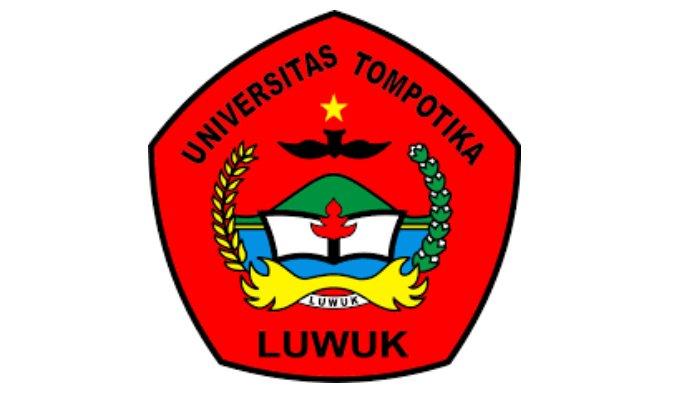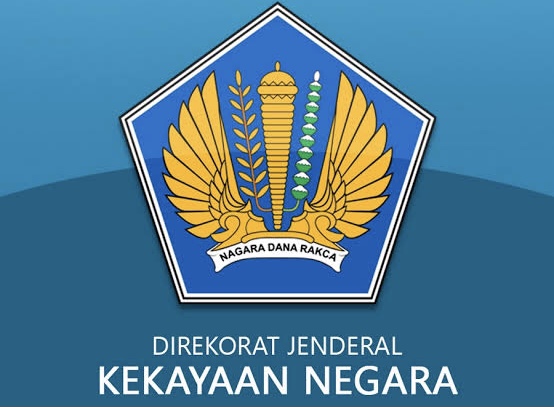Use Case :
Implementation of BRIVA at Budi Luhur and Tompotika University: Enhancing the Existence of SNAP in the Educational Sector
Contact Us
Use Case :

In this rapidly evolving digital era, higher education institutions have immense potential to contribute to adopting and succeeding the National Standard Open Application Programming Interface (SNAP) in Indonesia. The SNAP mechanism, established by Bank Indonesia (BI) in the Blueprint for the Indonesian Payment System (BSPI) 2025, aims to integrate service users with service providers. The implementation deadline is June 30, 2024, for large businesses and June 30, 2025, for micro, small, and medium-sized enterprises (MSMEs) and non-profit organizations, including foundations and higher education institutions.
Aligned with the goals of Bank Rakyat Indonesia (BRI) through its BRIAPI services, implementing SNAP in higher education institutions aligns with BRI's efforts to contribute to financial inclusion in Indonesia. A key strategy for achieving this goal is the significant expansion of the digital payment ecosystem in the education sector. Therefore, BRIAPI is committed to providing optimal and premium API services with a customer-oriented business approach. BRIAPI will continue collaborating with many merchants, institutions, agencies, and higher education institutions throughout Indonesia. This commitment ensures that institutions such as Budi Luhur University (UBL) and Tompotika University (UNTIKA), which utilize BRIVA services, could entrust their digital payment automation process to BRIAPI. Thus, this condition will support the advancement and existence of SNAP in the educational sector.

UBL is one of the private universities located in the Special District of Jakarta, Indonesia. Founded in 1979, UBL aspires to become a global university focused on entrepreneurship, technology, and the concept of "Cerdas Berbudi Luhur". UBL's mission is twofold: to organize education that prioritizes technology, science, entrepreneurship, and social responsibility; and to conduct research that creates a positive and sustainable social impact. UBL University offers various undergraduate and postgraduate programs across multiple disciplines, including business, engineering, law, and social sciences.

UNTIKA is one of the private universities located in Palu, Central Sulawesi, Indonesia. Founded in 2000 under the decree of SK Minister of National Education No. 47/D/O/2000, UNTIKA has a vision to become a quality-driven, competitive, and dignified university in the East Sulawesi region by 2025. Then, their mission focuses on realizing excellence in education, research, community service, and infrastructure development.
In collaboration with BRI, UBL leverages BRIVA WS and Bank Statement services to streamline and expedite payment transactions. BRIVA WS is used to simplify and speed up payment transactions on the new student registration portal specifically for the employee class, where this service has advantages compared to manual transfers: confirming student registration payments is unnecessary because the data will be verified automatically. On the other hand, the Bank Statement service allows UBL to provide prospective students with a history of their payment transactions.
Similarly, UNTIKA's collaboration with BRI also involves implementing BRIVA WS services. This service facilitates students by accelerating tuition fee payments through the SIAKAD system. The implementation is expected to streamline the billing, payment, and verification process for tuition fees within the UNTIKA campus, thereby expediting other processes.
Digital payment systems utilizing open API mechanisms improve operational efficiency and simplify student payment services. This integration enables the automation of payment processes, notifications, and confirmations. Furthermore, this condition improves accessibility by offering payment flexibility and ensuring data security through secure encryption. Finally, this implementation aligns with a long-term strategy to reduce maintenance costs and support legal compliance, further reinforcing the prevalence of open API implementation in Indonesia.
SNAP facilitates the integration of payment systems and financial services through APIs, enabling efficient and integrated digital payment mechanisms. Consequently, implementing API services on the campus is expected to streamline the payment process for tuition fees, education fund management, and other financial transactions efficiently, securely, and reliably. Streamlining the payment process for tuition fees, education fund management, and other financial transactions, it will promote efficient, secure, and reliable digital financial inclusion in the education sector.
Through API mechanisms, higher education institutions gain greater flexibility in developing their applications with external services, such as banking systems and e-wallets. The collaboration between UBL and UNTIKA with BRIAPI aims to accelerate the adoption of digital payment technology, ensure transparent and secure transactions, and enhance satisfaction among students and staffs. This collaboration not only supports BRI's vision of expanding financial inclusion in Indonesia but also strengthens the role of universities in contributing to the development of an efficient and integrated digital payment ecosystem in the country.
Find information about name, status, and balance from your bank account

Account Information
Transfer to BRI Account facilitates a Seamless and easy payment.

Transfer to BRI Account
Easily check BRI account detail with this API

Transfer to BRI Account
The collaboration between Samsung Indonesia and BRI offers several strategic advantages. For Samsung Indonesia, leveraging the BRIAPI infrastructure could strengthen its brand identity by providing additional relevant financial services to its customers. This condition helps Samsung Indonesia expand its financial service offerings and reinforces its brand as an innovator in electronic technology and the financial sector. With ongoing innovations, Samsung Indonesia could strategically enhance its market position and meet the increasing competitive challenges in Indonesia's evolving electronics market.
Baca Lebih Lanjut
The collaboration between UGM and BRIAPI aims to support SNAP's presence in Indonesia by accelerating the adoption of efficient, secure, and reliable digital payment technologies in the university environment. This collaboration aims to enhance student and staff satisfaction while supporting BRI's vision to expand financial inclusion in education. This collaboration also strengthens UGM's role in developing an efficient and integrated digital payment ecosystem in Indonesia.
Baca Lebih Lanjut
BRIAPI continues to provide excellent and optimal services based on a customer-oriented business approach and will continue to open collaborations with many merchants, institutions, and agencies throughout Indonesia. BRIAPI currently has more than 124 API services used by over 700 partners, with various classifications, such as education, financial technology, cooperative, government, state-owned enterprises, and others. This collaboration is expected to help customers facilitate and expand payment networks in their businesses, one of which is DJKN, which is currently contributing to national economic development through the management of state’s asset and wealth.
Baca Lebih Lanjut
Admin
Ask questions or report issues to the BRIAPI Admin via email.
Sabrina
Get products information from BRI virtual assistant via WhatsApp.